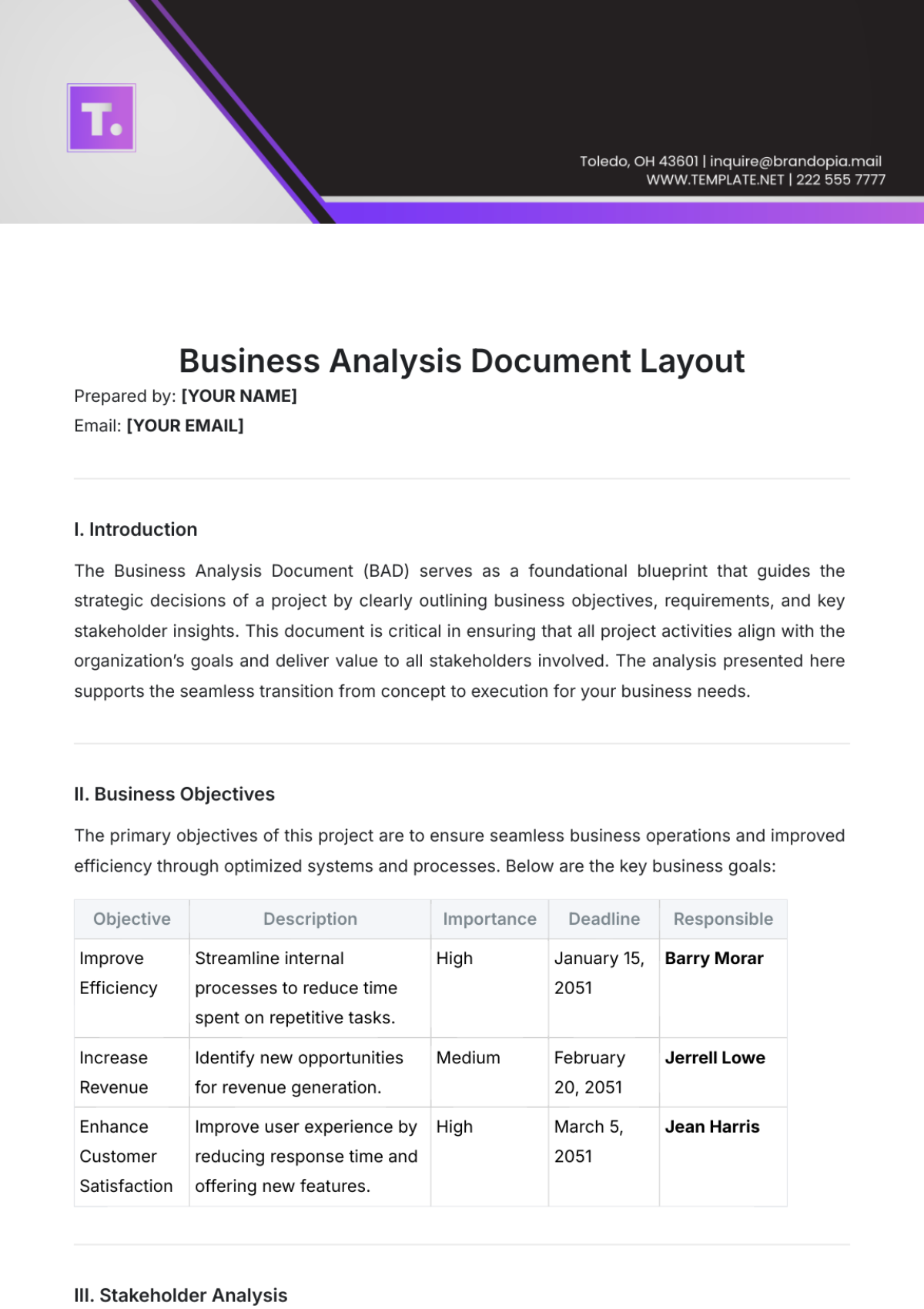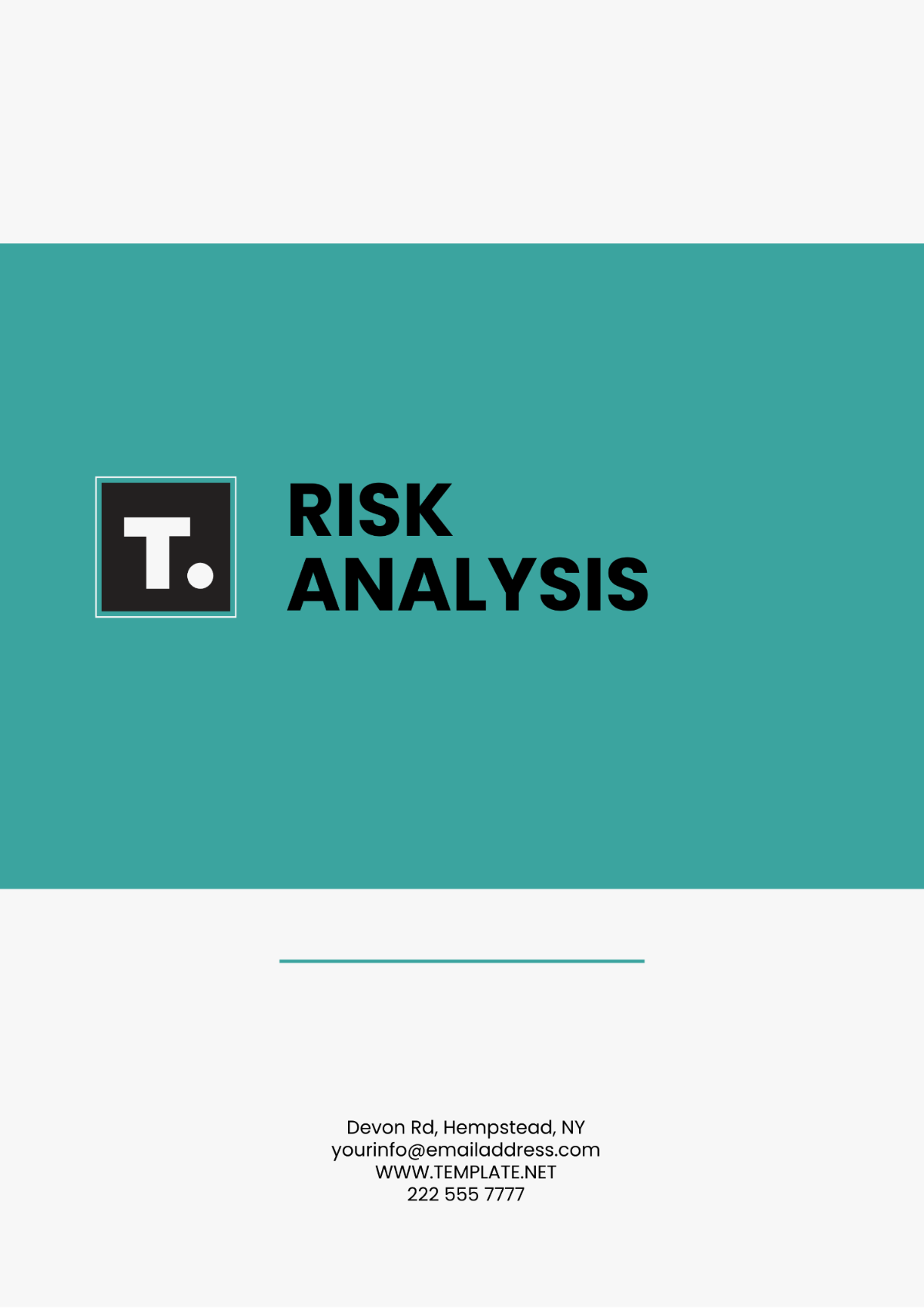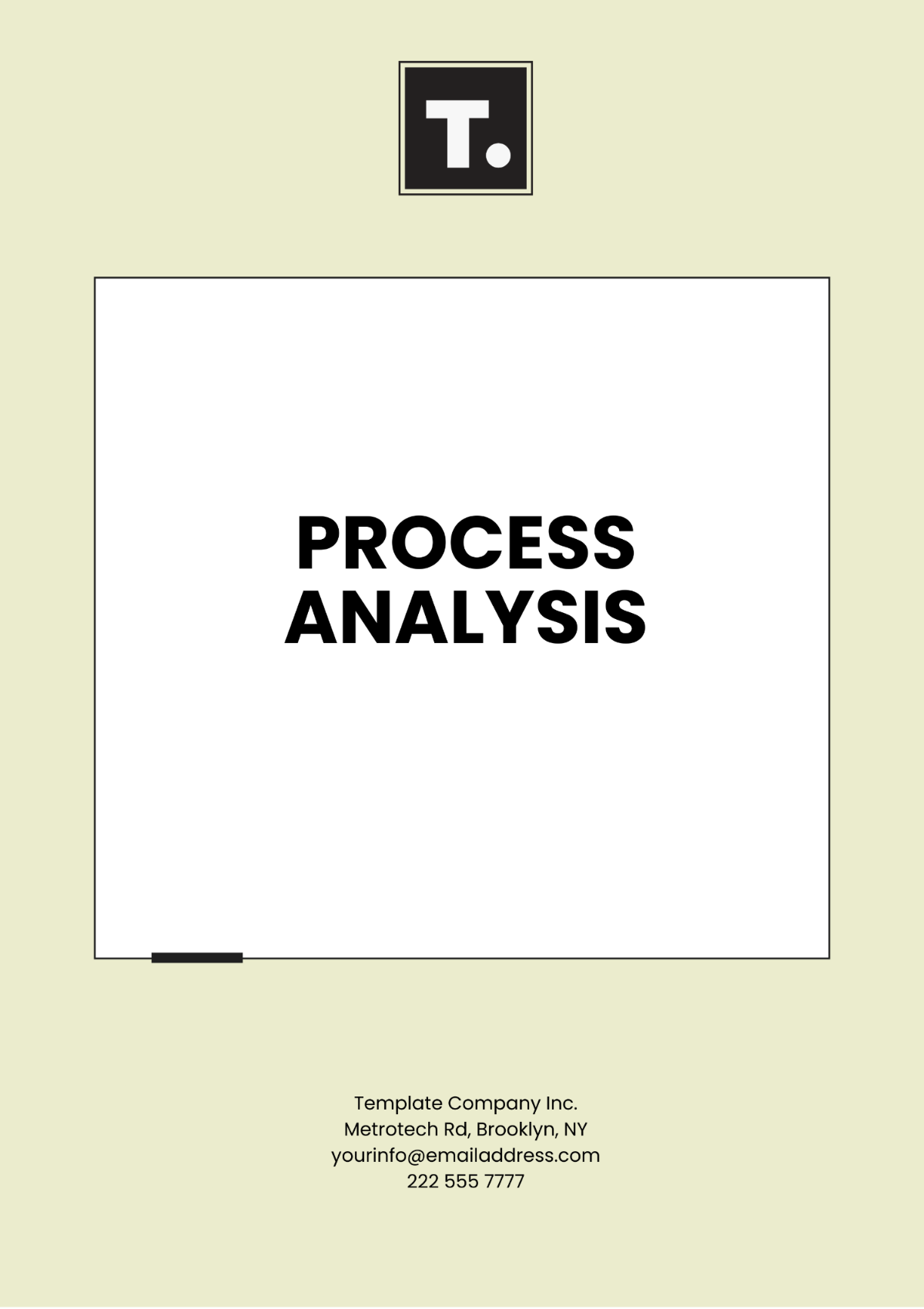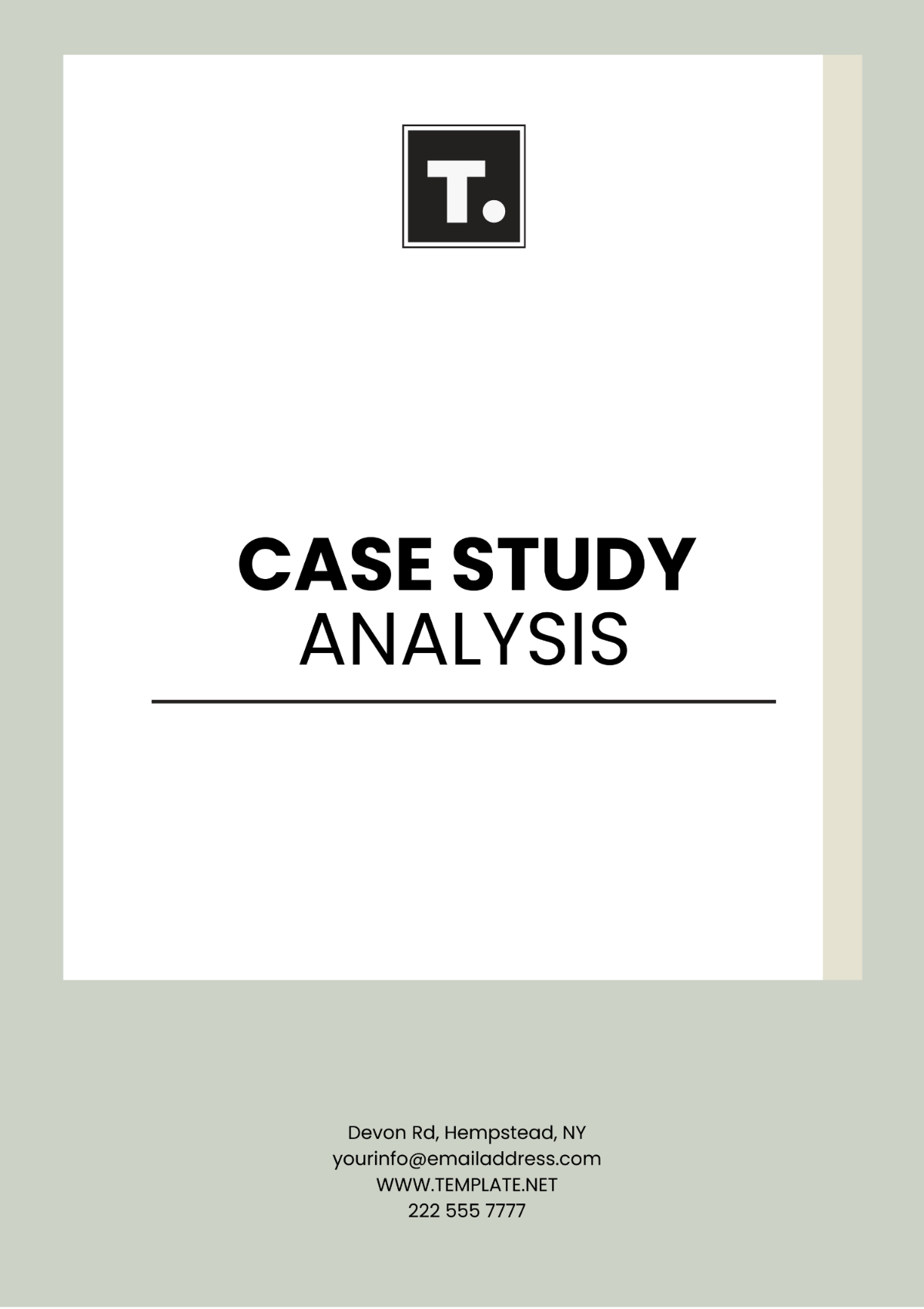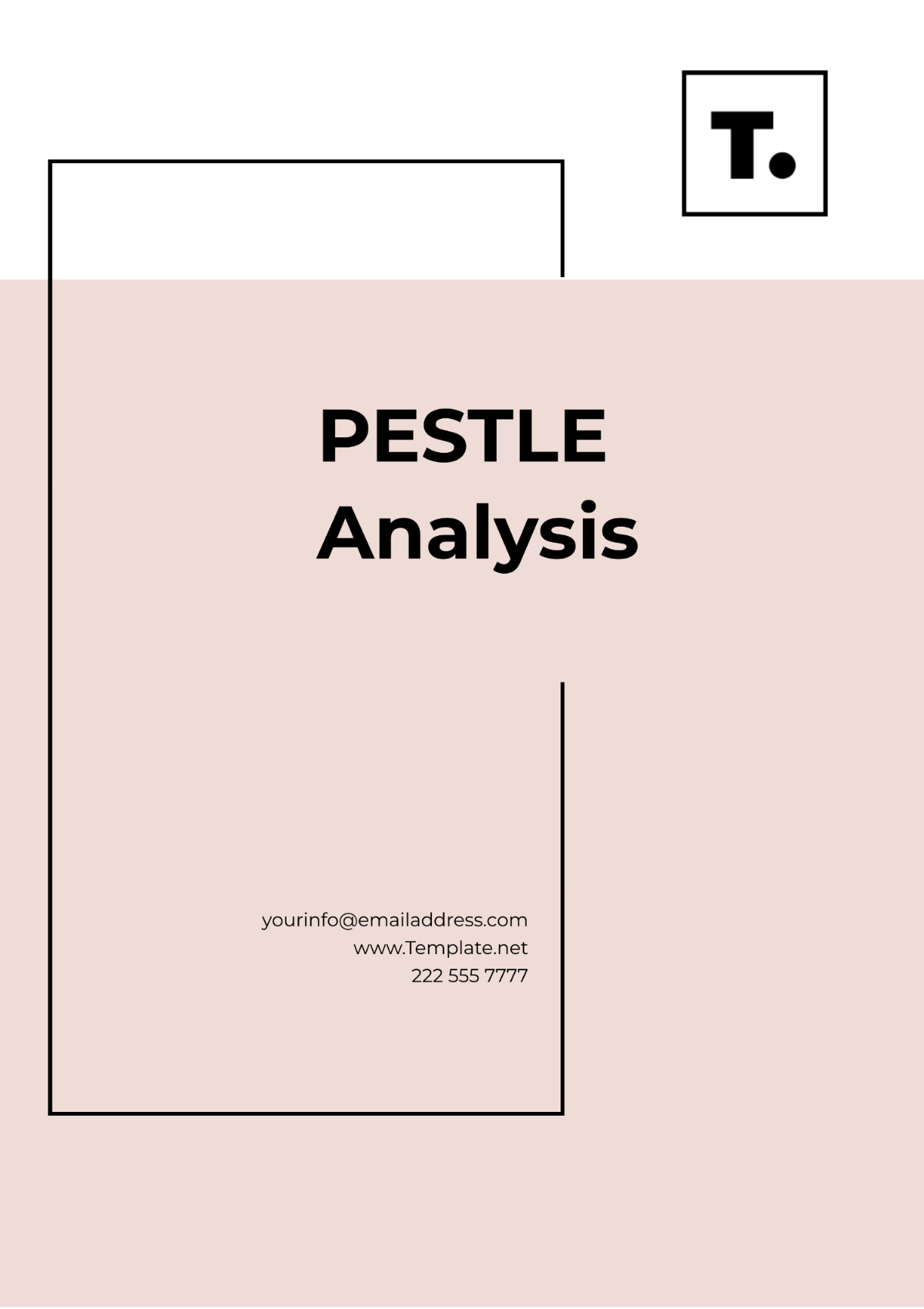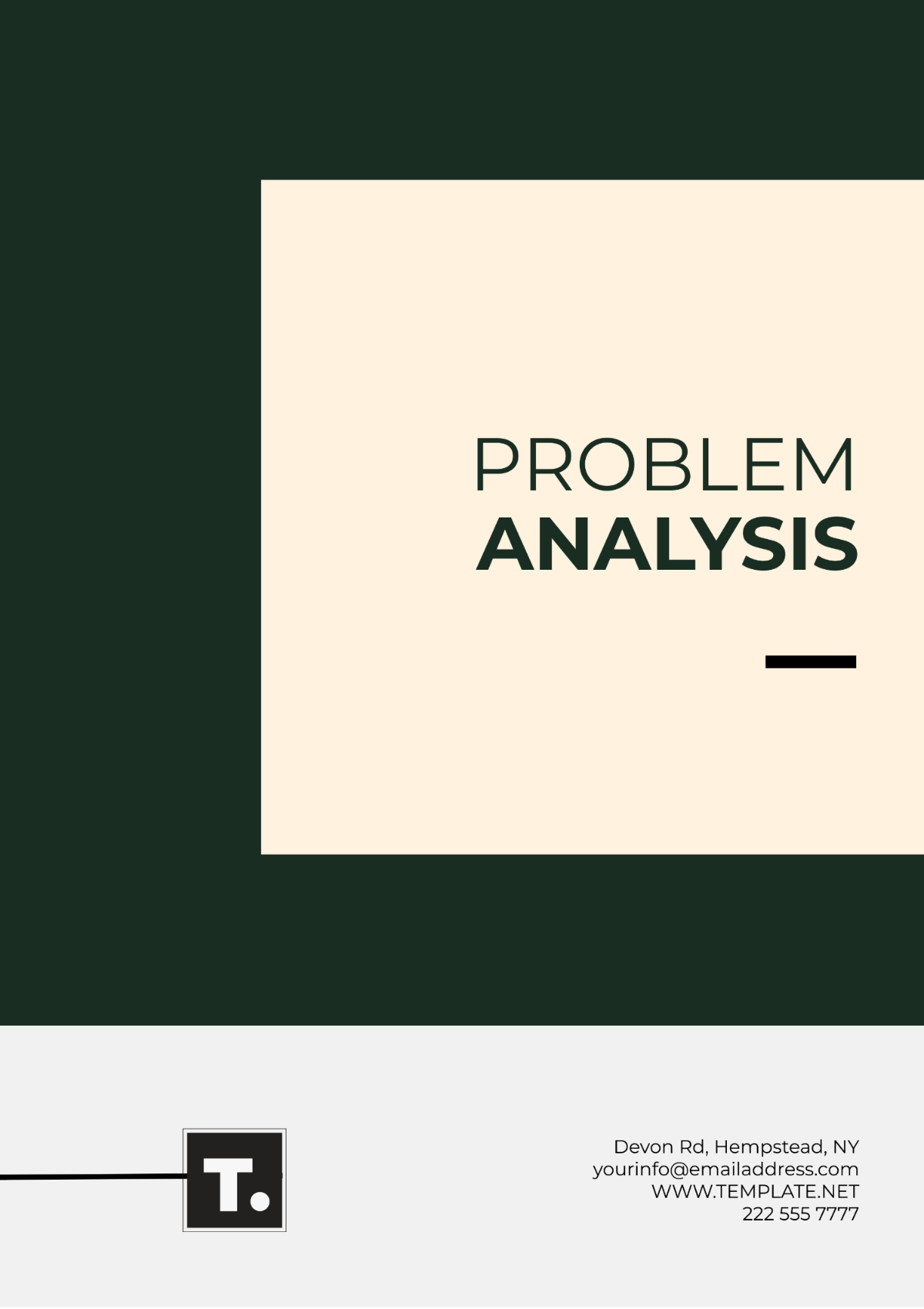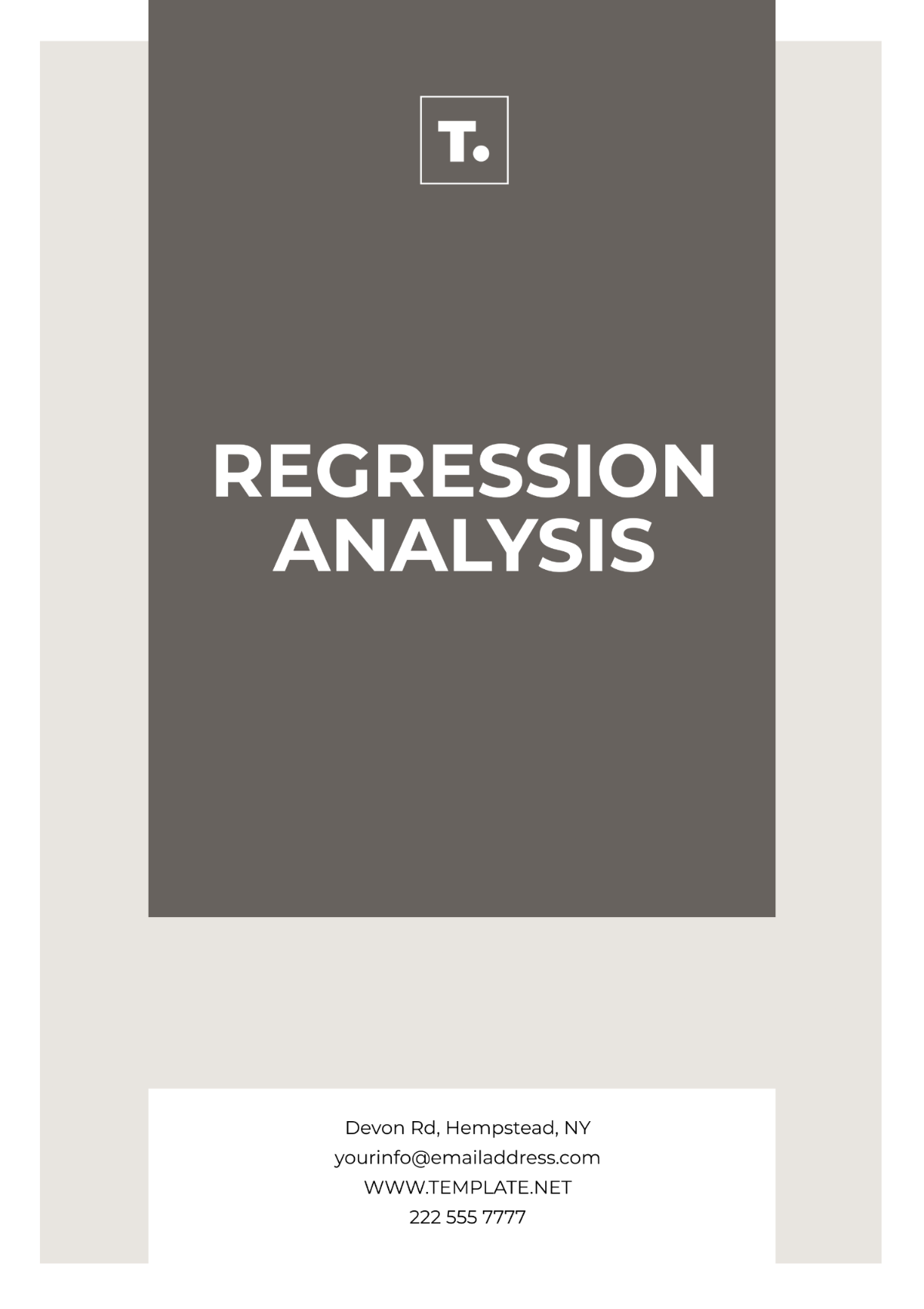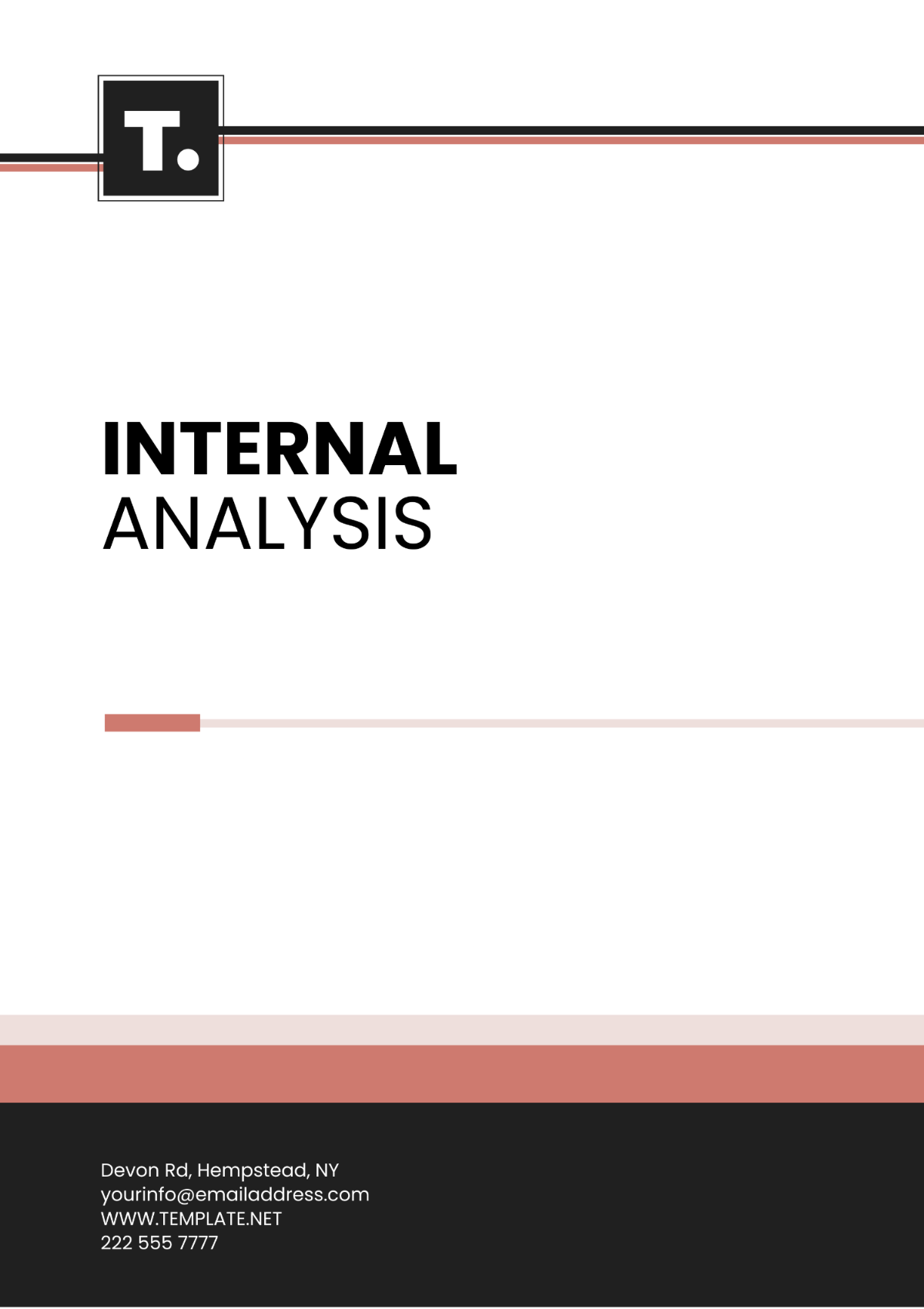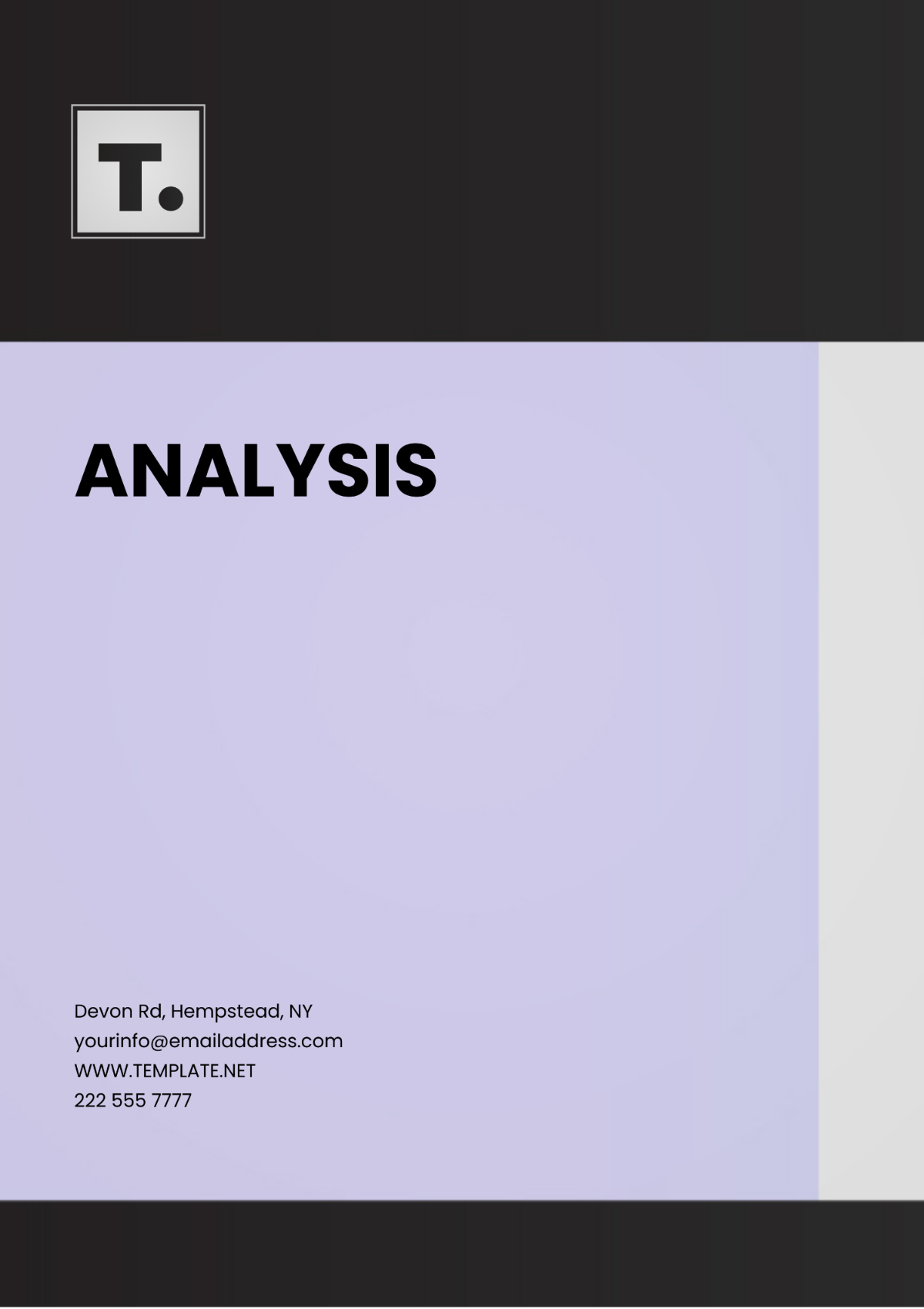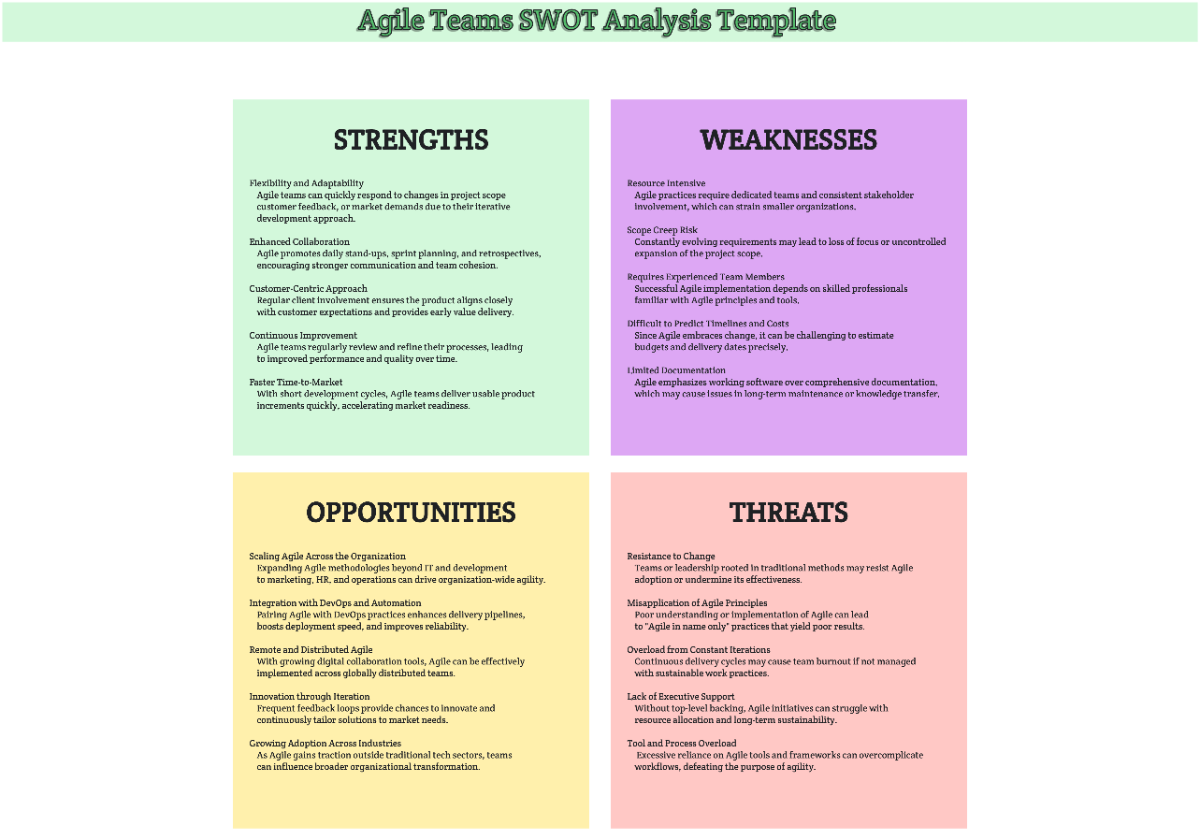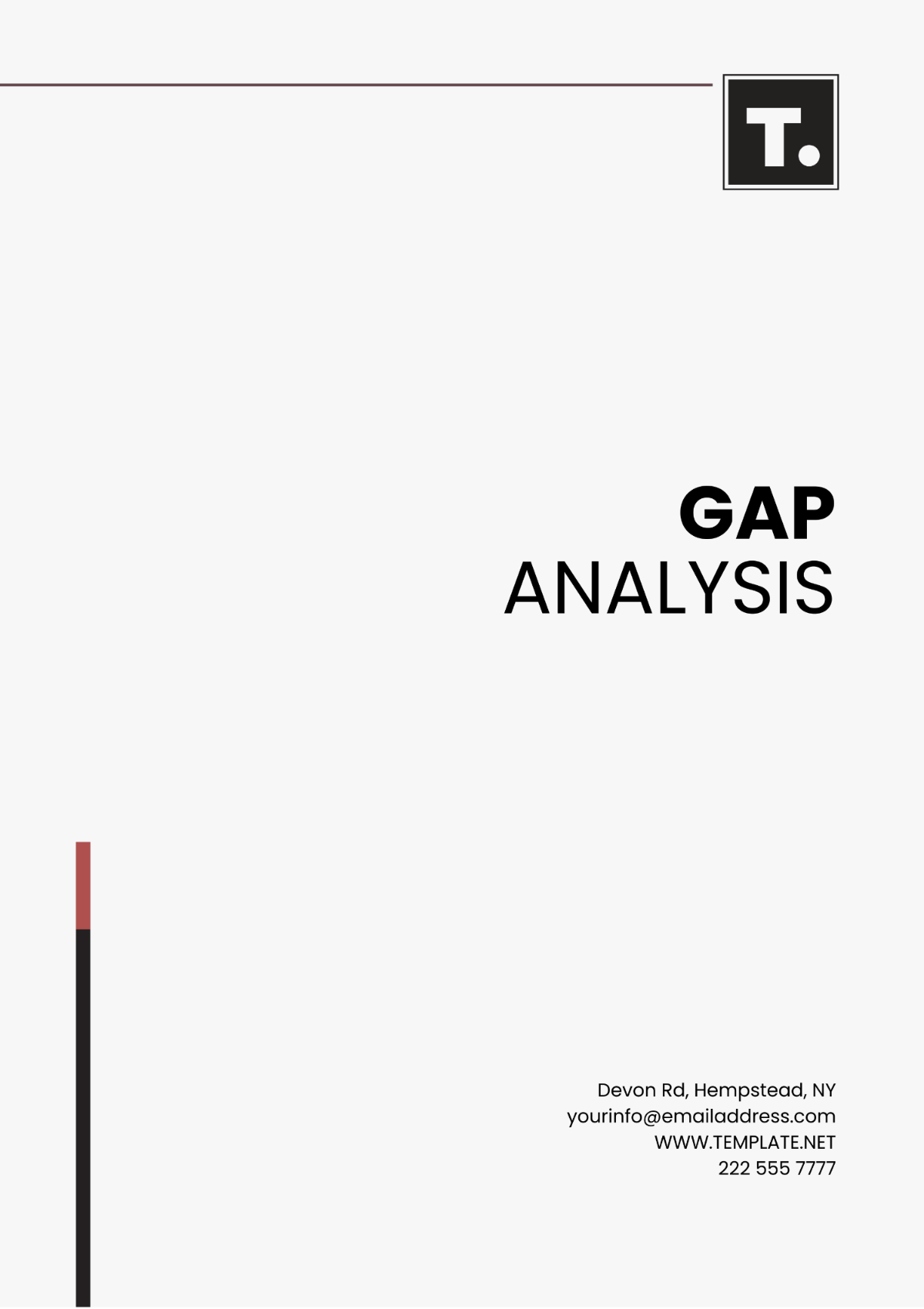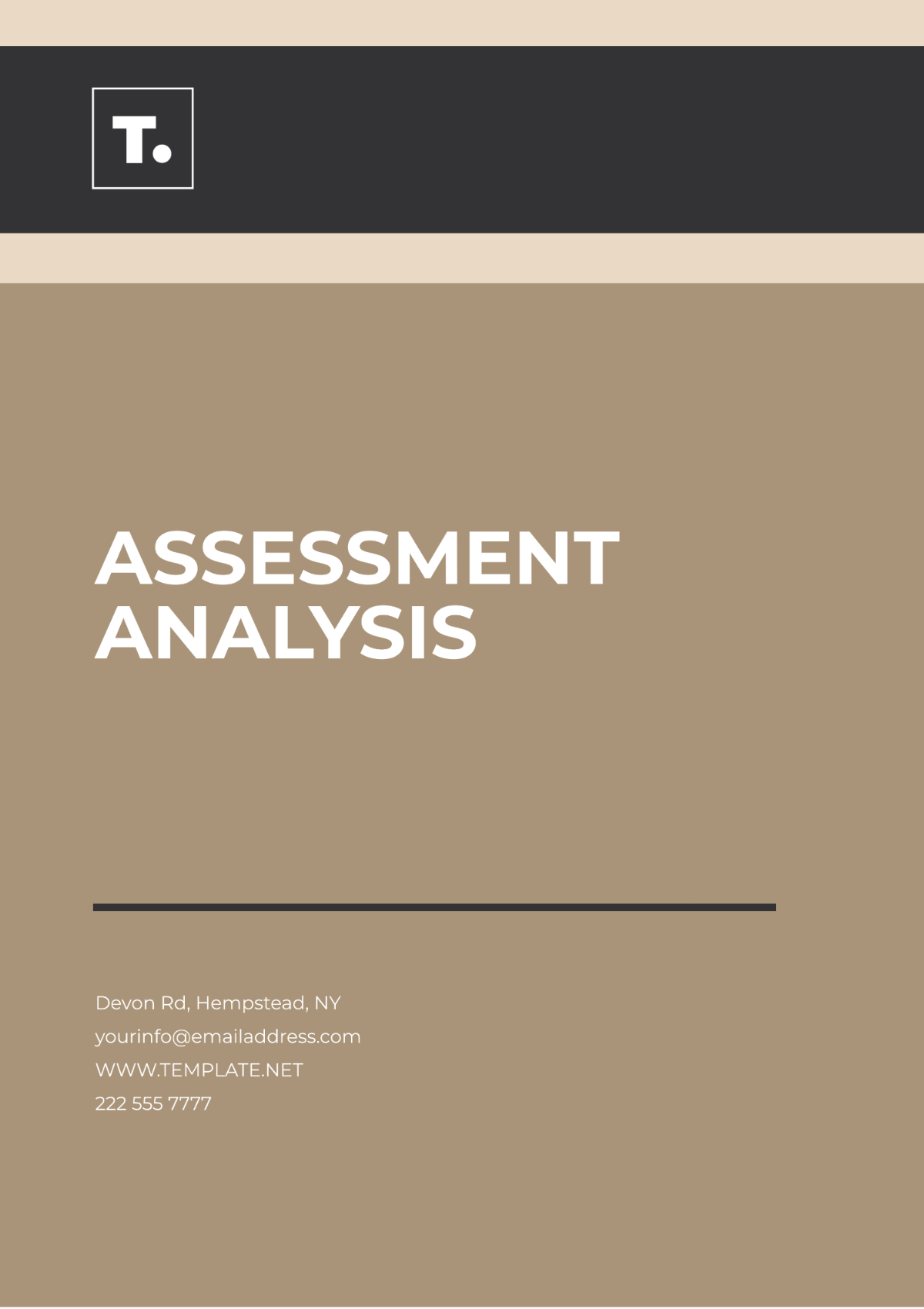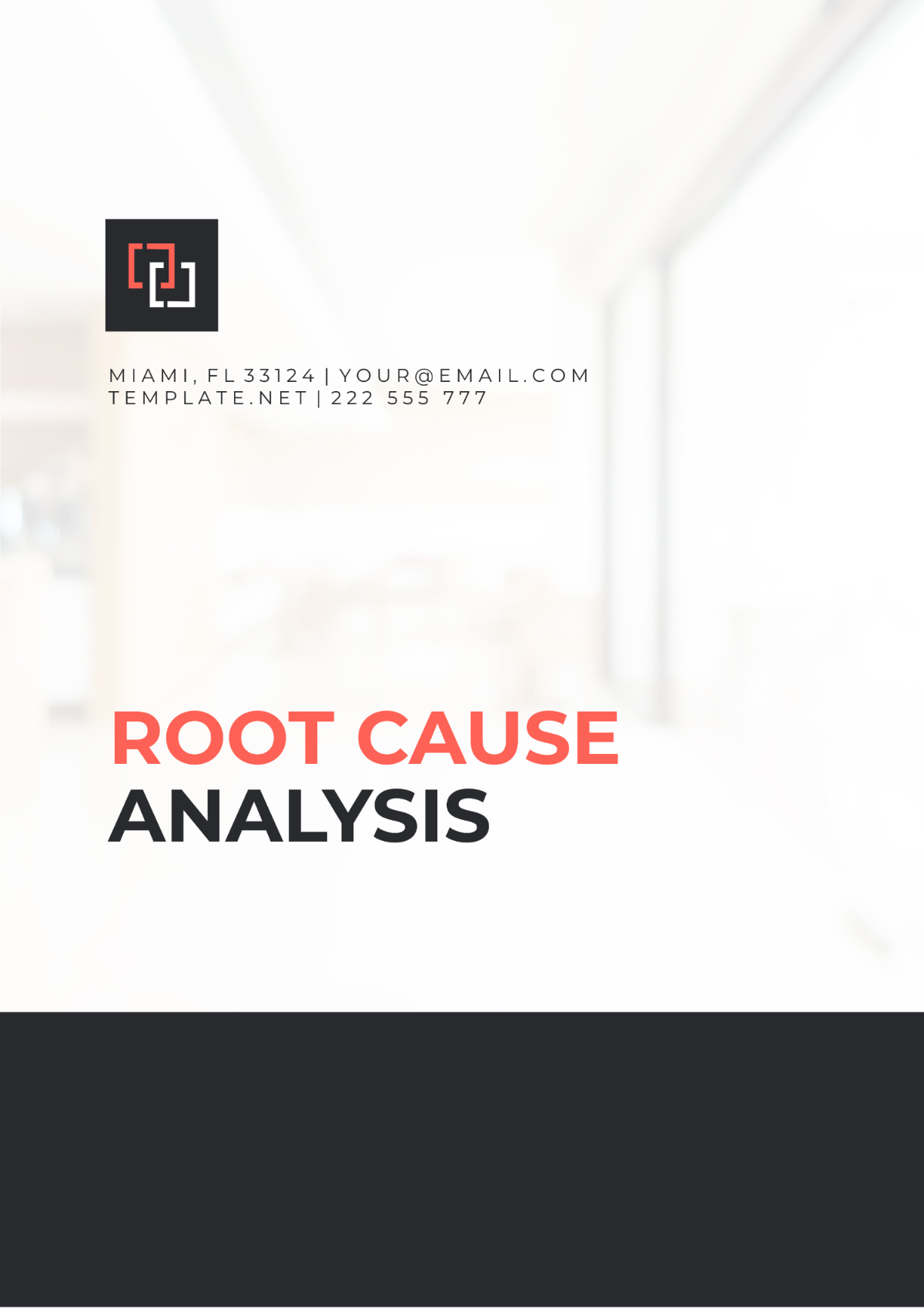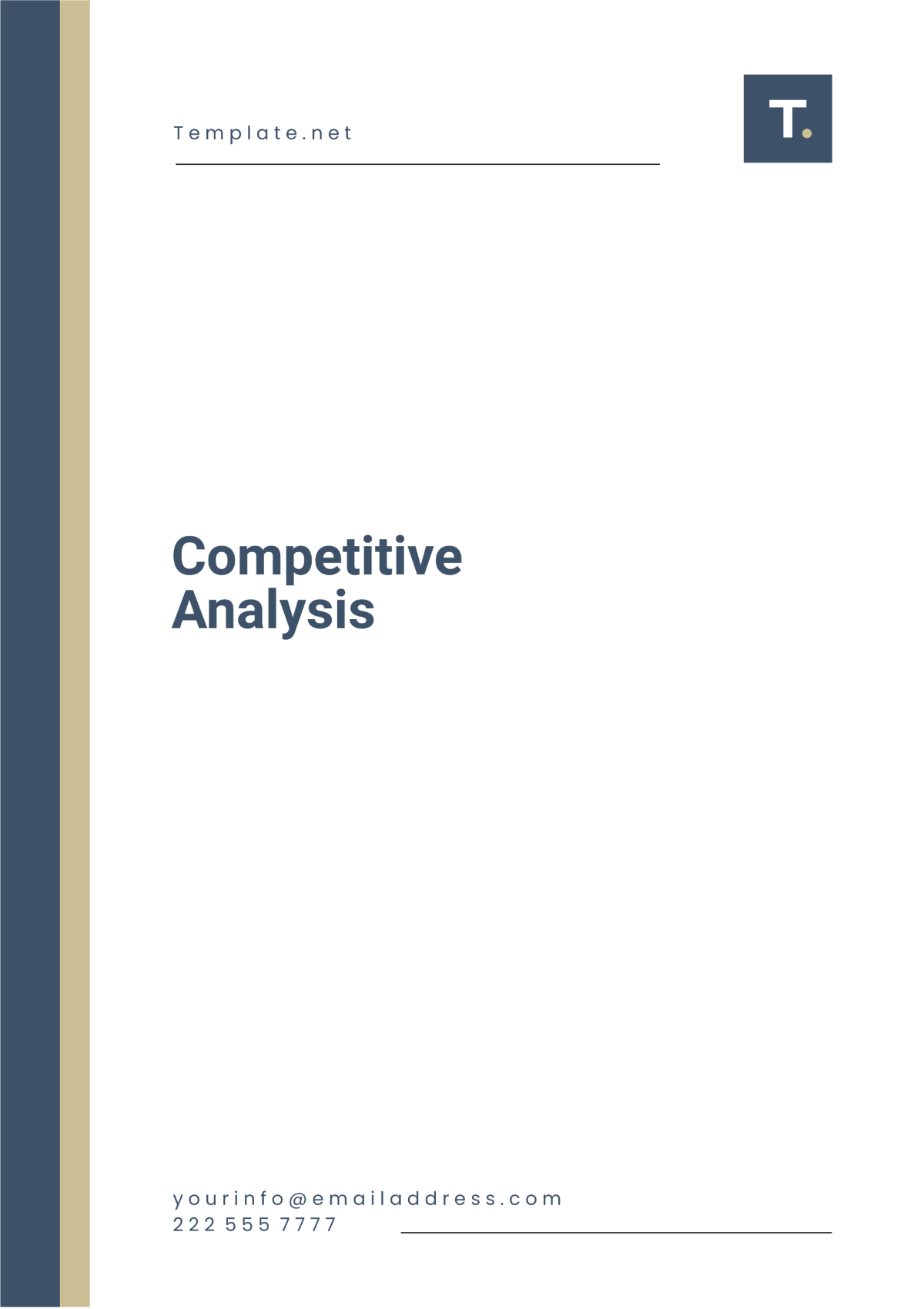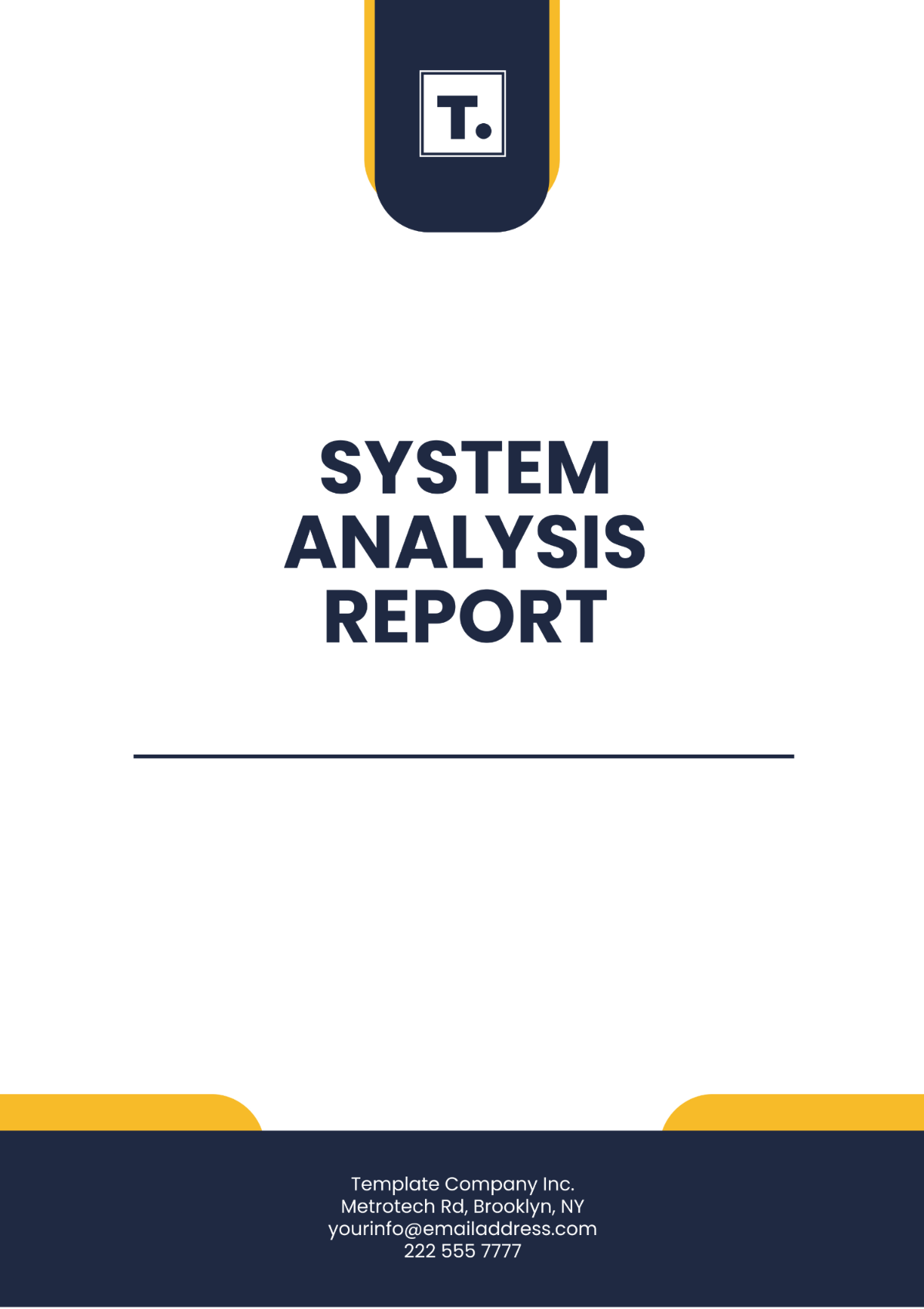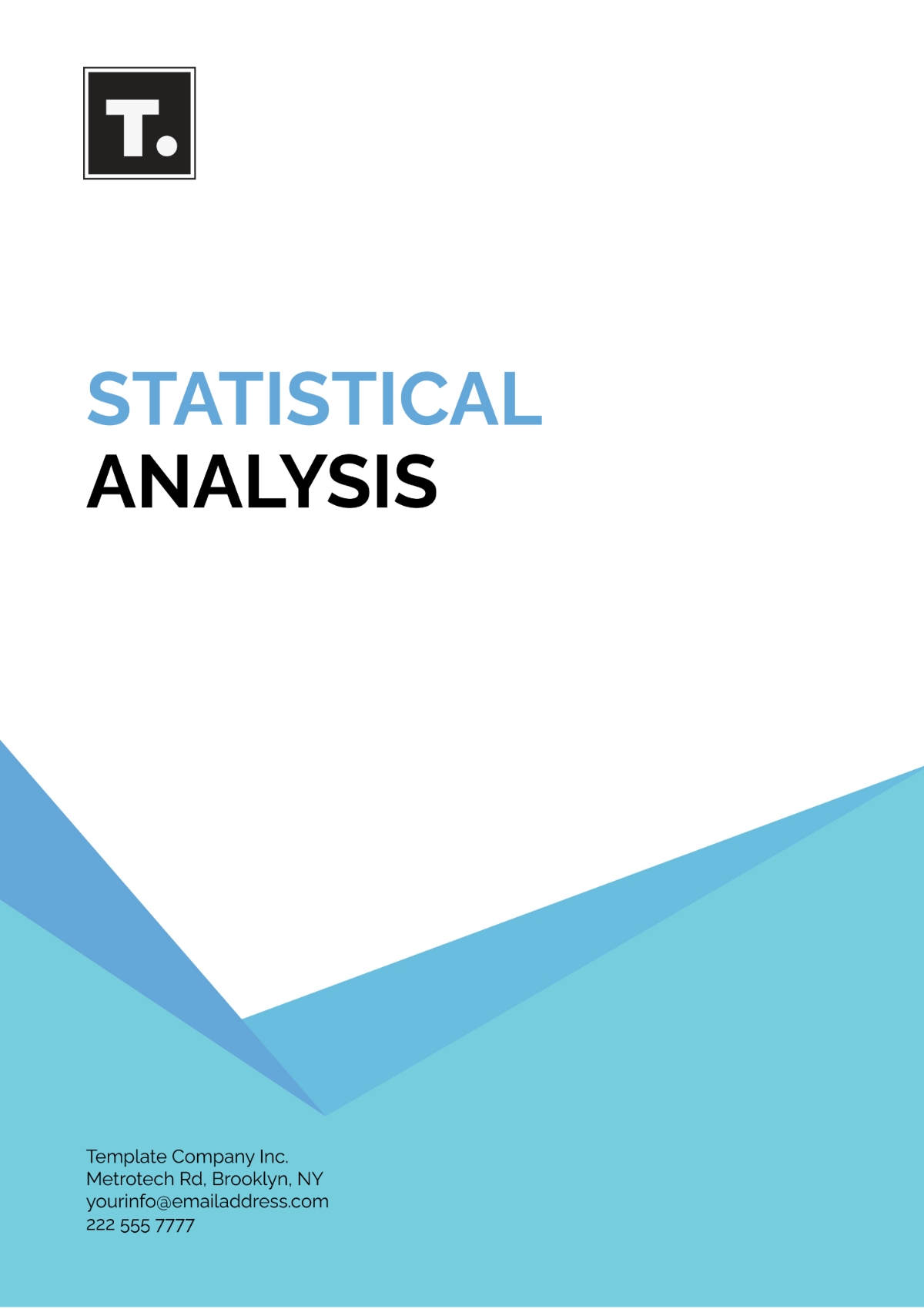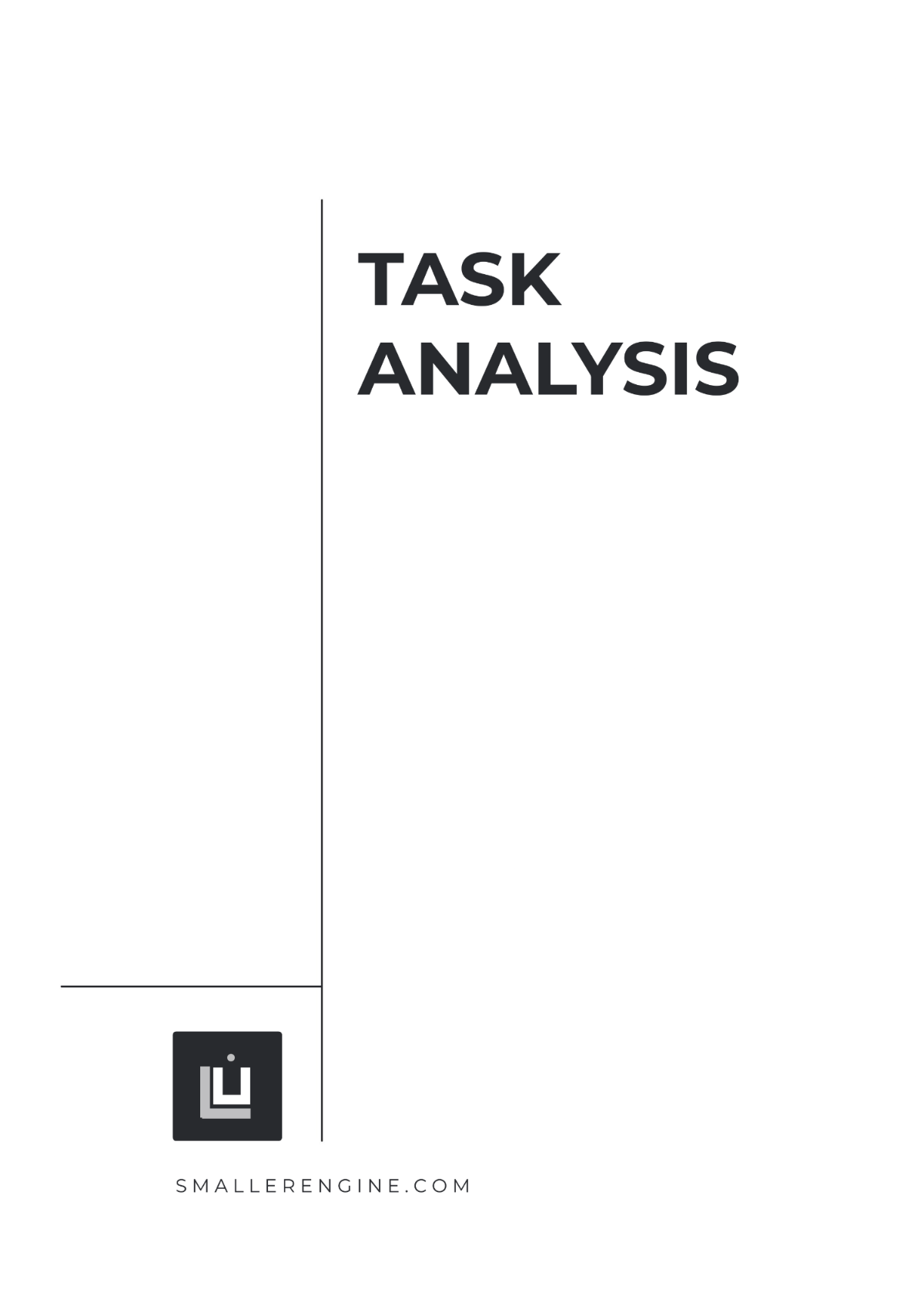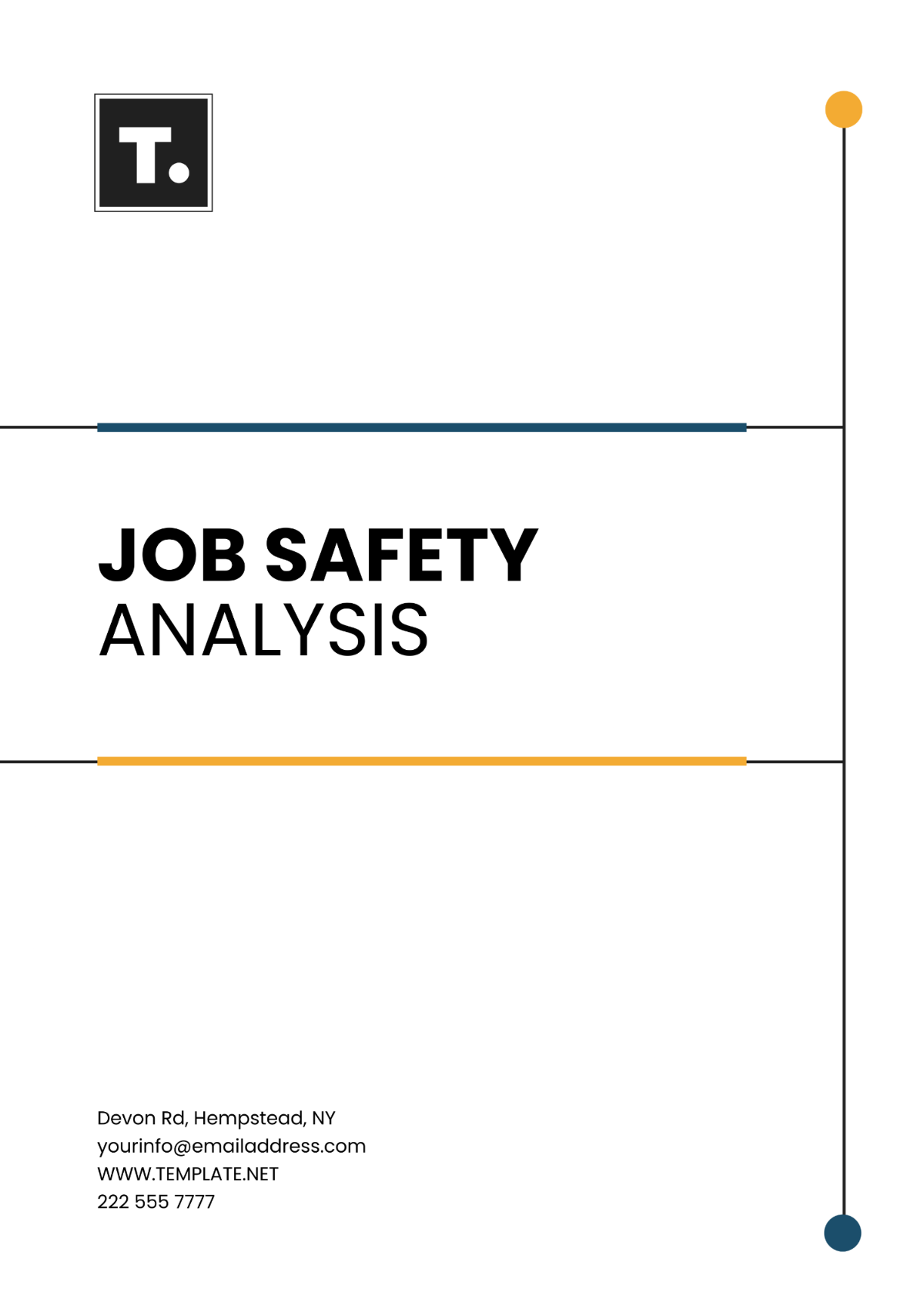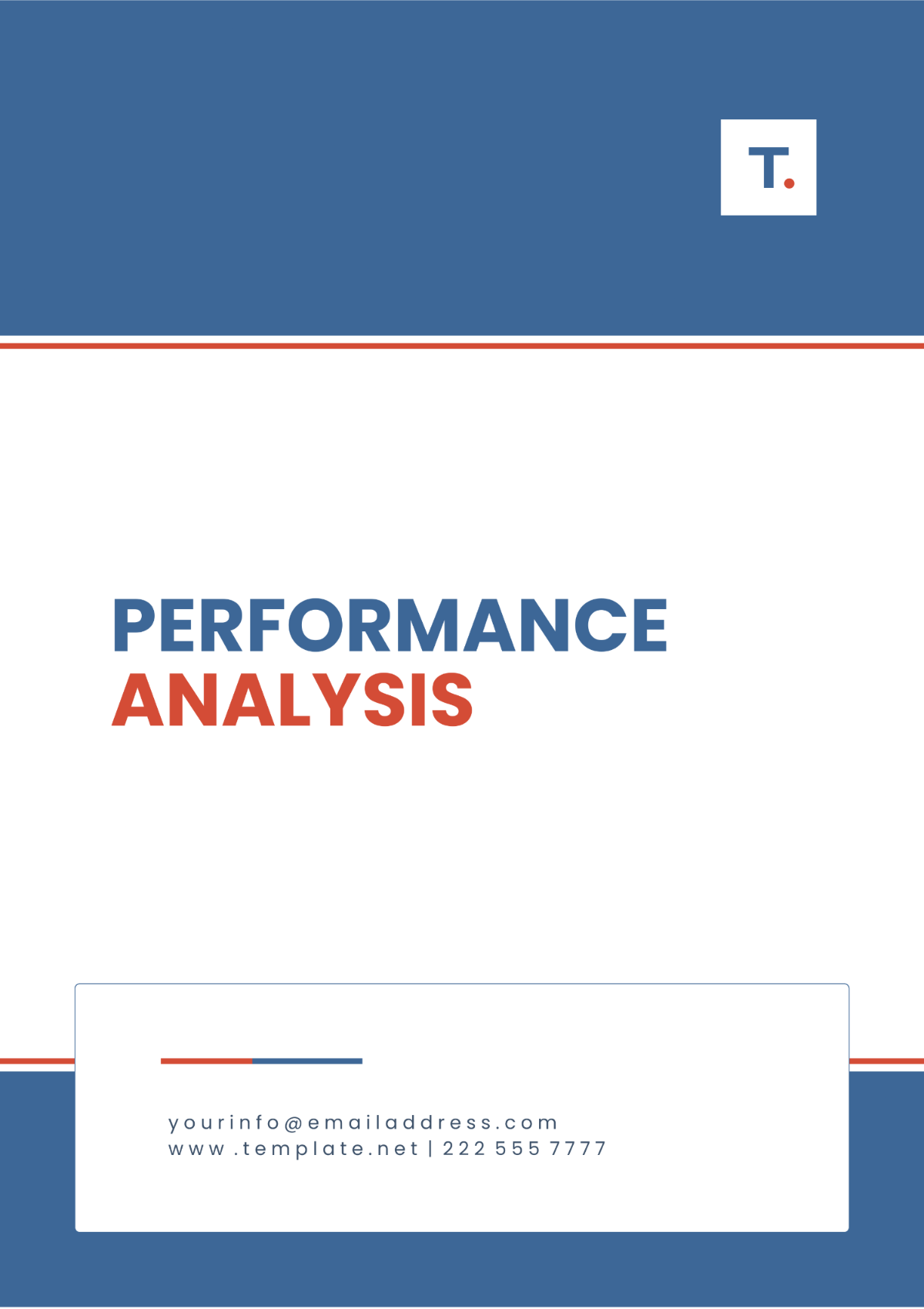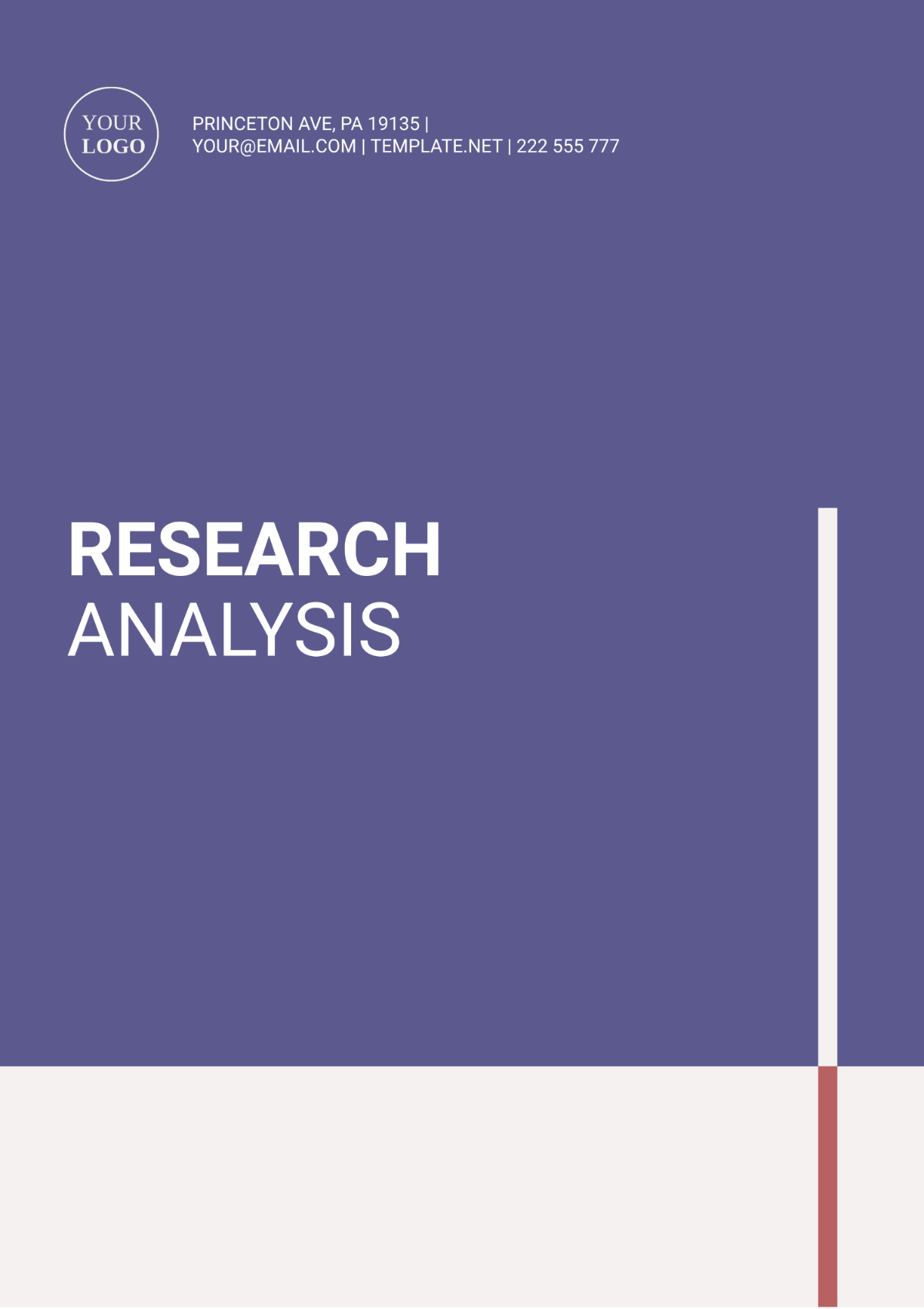Source Analysis
Prepared By : | [YOUR NAME] |
Company : | [YOUR COMPANY NAME] |
Department : | [YOUR DEPARTMENT] |
I. Source Information
Source Title: | The Effects of Climate Change on Global Agriculture |
Author: | Dr. Jane Smith |
Publication Date: | March 15, 2050 |
Publisher: | Environmental Research Institute |
URL: | [Link to the source] |
II. Context
Historical Context: The source discusses climate change impacts from the past decade, highlighting trends in global temperature rise and extreme weather events affecting agriculture.
Social/Cultural Context: The sentence delves into the examination of the progression in societal cognizance and the development of policies about climate change, and how this evolution has had an impact on agricultural methodologies across the globe.
III. Content Summary
Key Arguments/Findings
Climate change and agricultural productivity: Climate change is causing significant shifts in weather patterns, affecting factors like temperature and precipitation. These changes directly impact agricultural productivity and crop yields.
Challenges to global food security: The increased frequency and intensity of droughts and floods, attributed to climate change, are posing challenges to the global food supply chain and food security efforts worldwide.
Importance of sustainable farming: To tackle climate change challenges in agriculture, it's essential to adopt sustainable practices like crop diversification, efficient water management, and soil conservation, which mitigate its adverse effects on farming systems.
IV. Credibility Assessment
A. Author's Credentials
[Author's Name] is an esteemed environmental scientist who has devoted more than two decades of his career to the detailed study of the intricate relationships between climate change and agricultural practices.
B. Bias Analysis
The source maintains a position of neutrality, which is reinforced through research that is fundamentally driven by quantitative data and further bolstered by studies that have been subjected to and passed through the rigorous peer review process.
C. Reliability of Information
The information provided has been collected from scientific journals, which are held in high esteem within the academic community, and also includes data from reports that have been issued by various government agencies.
V. Relevance
Relevance to Research/Analysis: This source offers essential and in-depth understandings regarding the confluence of climate change with agricultural practices, which are directly pertinent to the current research efforts focused on developing sustainable food systems.
VI. Limitations
A. Weaknesses/Gaps
There was only a limited amount of discussion focusing on the differences observed across various regions regarding the impacts of climate change on particular types of crops.
Concentrating predominantly on macro-level trends could fail to recognize and understand the subtle and specific dynamics present within individual local farming communities.
B. Methodological Limitations
The source does not provide sufficiently elaborate and detailed information regarding the specific research methodologies that were utilized throughout the various phases of data collection and analysis.
VII. Conclusion
Climate change poses serious challenges to global agriculture, affecting crop yields, water, pests, and soil. Urgent collaborative action is needed across governments, science, agriculture, and international bodies. Solutions like resilient crops, efficient water use, sustainable land practices, and climate-smart policies are vital. Together, we can protect food security and agricultural resilience amid ongoing environmental shifts.
VIII. Recommendations
Further Research: Research on regional climate impacts is vital to understanding challenges like changing weather patterns and pests, aiding in targeted resilience strategies.
Policy Advocacy: Advocate for sustainable farming policies promoting eco-friendly practices, efficient resource use, and global cooperation for climate-smart agriculture. These policies create a supportive framework for adapting to climate change in agriculture.
IX. Appendix
Additional Notes
Data Sources: Mention specific data sources used in the source analysis, such as scientific journals, government reports, or reputable databases.
Methodological Considerations: Briefly discuss any unique methodologies employed in the source analysis, such as statistical modeling, qualitative assessments, or case studies.
Expert Insights: Include quotes or insights from experts in the field, providing additional context or perspectives on the source analysis findings.
Future Research Directions: Suggest potential areas for future research based on gaps or limitations identified during the source analysis, helping guide ongoing investigations in the field.
Acknowledgments: If applicable, acknowledge any individuals, organizations, or funding sources that contributed to the source analysis process.


